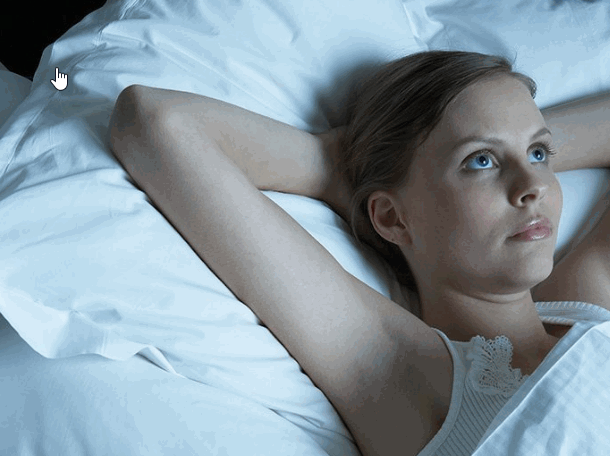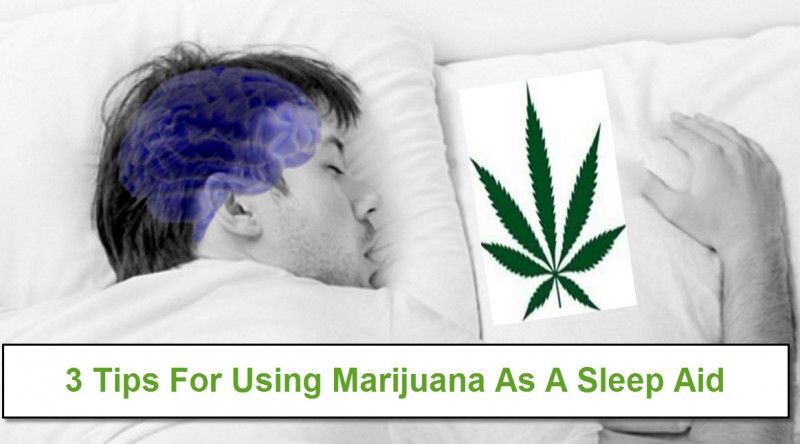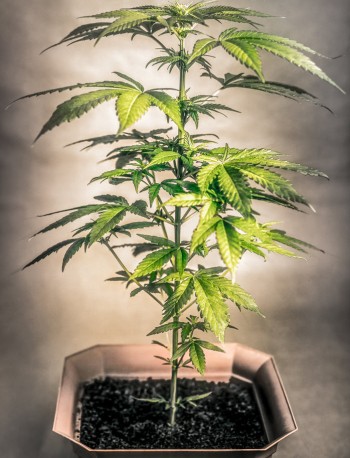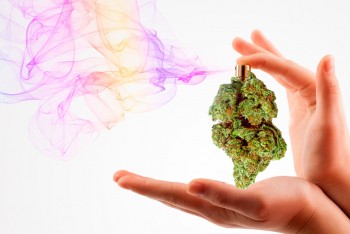How Does Cannabis Affect Your Dreams?
Is Cannabis Good For Sleeping or Not? from CannabisNet on Vimeo.
Many of us smoke cannabis to sleep better, but did you know that it can also affect your dreams? In fact for many (like what I’ve experienced in the past), smoking pot before sleeping actually makes it a little harder to remember my dreams from the night before even if my dreams are usually vivid when I don’t smoke. That’s because cannabis use can result in having less dreams.
Cannabis can affect different aspects of sleep, particularly a stage that we know as rapid eye movement (REM) sleep.
Why Does Cannabis Affect REM Sleep?

Your brain is the most active during the phase of REM sleep. Those dreams that you had running away from a zombie apocalypse, standing on a podium in front of people completely naked, or relaxing in a tropical beach in a faraway country? Yes, it’s likely that these all happened during REM sleep. Studies have shown that smoking pot before bedtime actually decreases REM sleep and this is why most stoners have less dreams than others.
When you sleep, the brain goes through 4 stages. Most of the time is spent in REM or deep sleep, but the amount of time that you actually spend in these two stages is actually pretty closely related. Research shows that marijuana intake makes you spend more time in the deep sleep stage and less in the REM. For some, this might make others feel that they’re better rested because REM sleep is associated with a quality snooze. The situation can be a little challenging to explain because other studies show that dreams can sometimes become more vivid if there is less REM density.
At the end of the day, the matter will depend on a case-to-case basis. If you find that you are already sleeping well with a great indica-heavy strain, you’ll only benefit more if you continue using it.
What Happens When You Quit Cannabis
If you suddenly stop using cannabis, you’ll most likely experience a sudden increase in REM sleep. This is known as the REM rebound effect, which will cause you to experience sleep with longer REM sleep. This also explains why some cannabis users experience extremely vivid dreams when they are trying to quit. The changes in your sleep caused by quitting cannabis can be observed anywhere from 24-72 hours after your last toke, and in some cases can last a little over a month.
However, the REM rebound effect isn’t unique to cannabis. There are also other substances that obstruct your sleep patterns such as consuming lots of alcohol and certain kinds of medications. People who already suffer from a lack of sleep also tend to experience rebounds in non-REM sleep.
Is There Anything Wrong If I Don’t Dream As Much?

Not at all. Dreams don’t play a significant role in human health and this matter lies more on subjective reasoning. Any changes that you experience in REM sleep is common and isn’t permanent; other lifestyle changes can impact REM sleep and the average person will experience different sleep cycles throughout their lifetime.
If you notice that your dreams are more vivid or stressful when you stop taking cannabis, there’s absolutely nothing to be worried about since this is all pretty common. On the other hand if you can’t remember your dreams or having completely dream-less sleeps because you’re taking more pot, this is normal too and is no reason to be concerned.
For those suffering from post-traumatic stress disorder (PTSD), the absence of dreams during sleep is greatly welcomed. Cannabis helps those with PTSD cope more effectively with their condition and have a more restful sleep since vivid nightmares can disrupt sleep and cause anxiety.
Consuming cannabis can also have other benefits for better sleep. Sleep apnea is one, since most kinds of sleep disorders happen during REM sleep. Since taking cannabis before sleep reduces REM sleep it also decreases the occurrences and other forms of sleep disorders. THC in particular has been shown to reduce sleep apnea that is caused by an uptick in serotonin.
If you’re trying to use cannabis to fall asleep quicker or stay asleep longer, some trial and error with strains, dosages, and delivery methods is appropriate until you find one that works best for you. You might also want to try aged cannabis. Older cannabis converts to cannabinol which is a sedating chemical that can help you get even better sleep than fresh bud. Cannabinol has been shown to be 5 times more relaxing than THC.
Here are some great strain recommendations to help you sleep better:
Some people report cannabis “hangovers” the next day after taking cannabis for sleep. This is normal and it could also be resolved by finding the ideal strain or adjusting your dosage. If all else fails, just replenish your body in the morning with lots of water, exercise, and healthy food.
OTHER STORIES YOU MAY ENJOY...
CBD AND CANNBIS FOR SIDE-SLEEPERS, CLICK HERE.
OR..
MAD SATIVA CAUSING SEX DREAMS...CLICK HERE..
OR..

MAKE LOVE NOT WAR, THE LURE OF CANNABIS CULTURE, CLICK HERE..







